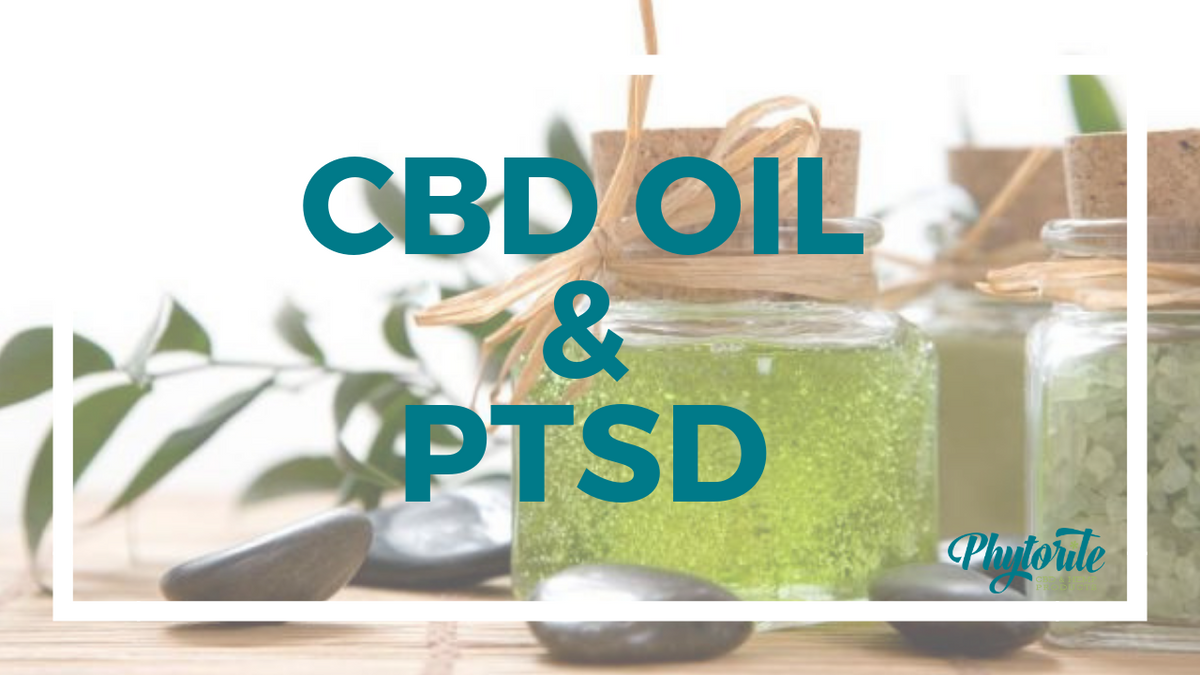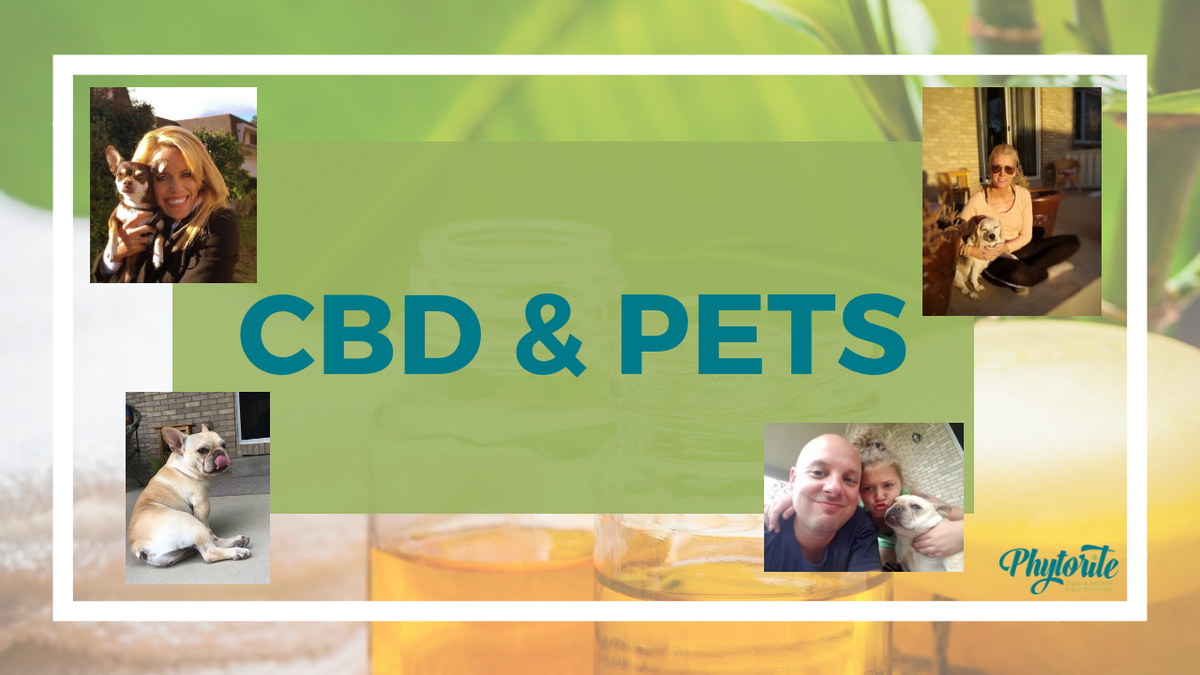
Halloween Guide to Choosing The Right CBD Product
CBD products continue to grow in popularity in the US market place. In 2019, 845 million CBD products were sold to consumers in the United States. (statista) During the pandemic, CBD online sales and consumption spiked; there's still a large percentage who haven't tried hemp or cannabis products.
Two of the main deterrents preventing people from trying CBD include lack of trust in the manufacturers and lack of belief in the benefits. So, how do you go about choosing the right CBD product?
CBD Products Will Not Make You High
There's plenty of misconceptions about CBD. What is CBD? CBD stands for cannabidiol, a naturally-occurring compound found in the cannabis plant.
CBD is not the same as marijuana.
Hemp and marijuana are from the same family but are not from the same plant. Both contain the cannabis compounds CBD and THC. However Hemp has higher CBD and lower THC than marijuana. Therefore CBD lacks the psychoactive element of marijuana - THC, which stands for tetrahydrocannabinol. The "high" feeling marijuana provides is brought on by THC, not by cannabis itself. Therefore CBD products will not produce the same psychedelic effect. CBD shows no potential for abuse or dependence, according to the World Health Organization. (WHO)
Is it Legal?
In late 2018, the Agricultural Improvement Act of 2018 or the 2018 Farm Bill was signed. That means the Federal Government recognizes hemp as a legal agricultural product. So, yes in certain cases it is legal. Products from a licensed hemp grower that has .3% or less THC is legal. Products grown from marijuana are not legal under federal law, even though some states have legalized and decriminalized marijuana.
This link from Green State shows the latest updated map of where states are in regards to cannabis.
How Do You Know if Your CBD Product is Safe?
There are several ways you can know if a product is safe or top of the line. The first is to be sure it has been tested. Many of the quality CBD products display their COA's or certificate of analysis. That shows how a product performed on tests checking for CBD, THC levels and the presence of contaminants. If an online manufacturer or retail store doesn't have the information, or refuses to share it, avoid the product and the retailer.
Then you want to see the ingredients on the label - of your Hemp oil, gummies or salves. They should contain all natural and organic ingredients. For example, if they say they contain Hemp oil and other oils, they should list what the other oils are. Coconut oil is one of the typical natural ingredient in softgels. Avoid products that contain chemical solvents.
Finally avoid products that make sweeping health claims. Making health claims, even just the ability to treat any minor problems is legal only for prescription medications. The more dramatic the claim, the more skeptical you should be.
CBD is Here to Stay
As research continues and products evolve, we will know a lot more about CBD. A majority of Americans seem to be satisfied with positive effects of cannabis and are looking forward to future developments. There's still a lot that we're learning about, but there is one thing that is certain, CBD is here to stay.
Click here to view Halloween Infographic:

Happy Halloween! Stay safe and sane!
Should you have any questions about Hemp, or on what products to use for yourself, your loved one, or your pet; don't hesitate to contact us! You can chat with us through Facebook Messenger or send e-mail to contact at phytorite.com
Leave a comment
Comments will be approved before showing up.
Also in News

CBD and PTSD











